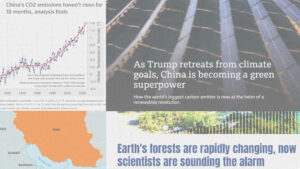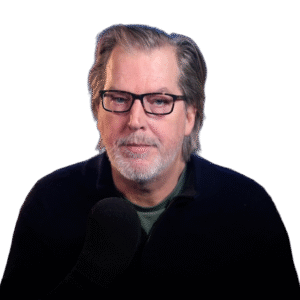
Description
Based on this week’s podcast episode with Geoffrey West, which covered how biological scaling applies to human economies, this week’s Frankly is a reflection on what this might mean for the future of our societies. Throughout history and up to today, there are scaling patterns driving our social and infrastructural metabolism – potentially shedding light on some long debated questions about the limits of our ability to design our societies. Do we as humans have the agency to create different paths towards less resource consumption, or are we trapped within a previously hidden law of nature? Will the resource and waste limitations of our biosphere force us to live differently, regardless of our choices? More hopefully, can understanding we have a metabolism change our metabolism, and steer futures away from the current default?
In French, we have a motto that says that a simple drawing is often better than a long explanation. Jean-Marc Jancovici Carbone 4 President
That’s very understandable because with left atmosphere thinking, one of the problems is that you see everything as a series of problems that must have solutions. Iain McGilchrist Neuroscientist and Philosopher
We can’t have hundreds and hundreds of real relationships that are healthy because that requires time and effort and full attention and awareness of being in real relationship and conversation with the other human. Nate Hagens Director of ISEOF
This is the crux of the whole problem. Individual parts of nature are more valuable than the biocomplexity of nature. Thomas Crowther Founder Restor
Show Notes & Links to Learn More
Download transcript00:25 – Geoffrey West TGS Podcast, Geoffrey West Powerpoint,
00:58 – Kleiber’s Law
01:59 – Sublinear scaling of energy for economies and superlinear scaling of social metabolism
02:42 – Global growth of energy to GDP matches Kleiber’s law scaling, Graph
03:20 – Energy growth is 1.4 that of population
04:23 – Ronald Wright, A Short History of Progress
05:26 – Accelerating cycle of innovation to avoid collapse






